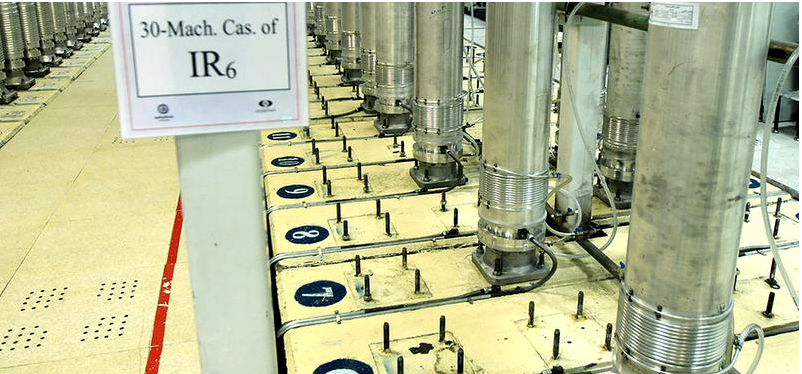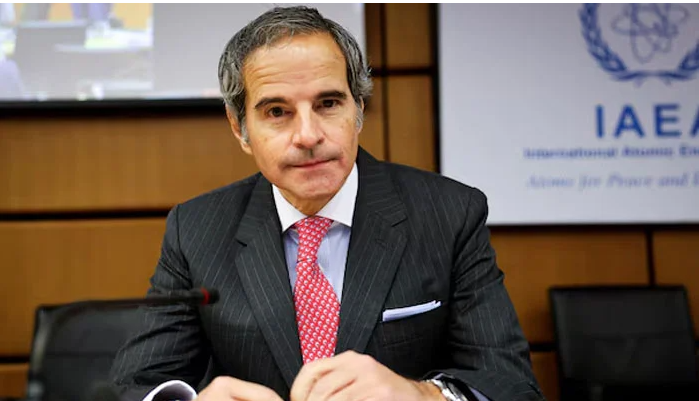Introduction
Iran Plans announcement of plans to significantly increase its enriched uranium production has sparked renewed international concern. This move represents a critical juncture in the country’s nuclear program and carries profound implications for regional stability, Iran Plans global diplomacy, and nuclear non-proliferation efforts.
While Iranian officials insist their nuclear activities are for peaceful purposes, Iran Plans the heightened production of enriched uranium raises fears of potential weaponization, exacerbating tensions with Western nations and Israel. This article delves into the strategic, political, and global implications of Iran’s decision, shedding light on the challenges and responses from key stakeholders.
Understanding Enriched Uranium and Its Significance
Enriched uranium is a critical material for both civilian nuclear energy and military-grade nuclear weapons.
- Levels of Enrichment:
- Low-Enriched Uranium (LEU): Typically enriched to 3-5%, used in nuclear power plants.
- High-Enriched Uranium (HEU): Enriched to 20% or beyond, which, with further refinement, becomes suitable for nuclear weapons.
- Iran’s Current Stockpile:
According to the International Atomic Energy Agency (IAEA), Iran already possesses uranium enriched to 60%, far exceeding the 3.67% limit set under the 2015 Joint Comprehensive Plan of Action (JCPOA). For the more information click on this link
For the more information click on this link
Details of Iran’s Announcement
Iranian authorities have declared their intent to expand enrichment capabilities significantly by:
- Increasing Centrifuge Numbers: Advanced centrifuges will enable faster and higher-level enrichment.
- Building New Facilities: Iran plans to construct underground facilities resistant to potential airstrikes.
- Doubling Current Output: Reports indicate a planned doubling of uranium enriched to 60%, with a focus on achieving weapon-grade levels if necessary.
Iran’s Justifications
Iran cites several reasons for this escalation:
- Response to Sanctions:
Iranian officials argue that U.S. sanctions and non-compliance with the JCPOA have left them with no choice but to advance their nuclear program. - Energy Independence:
The government emphasizes the need for enriched uranium to fuel its expanding network of nuclear power plants. - National Security:
Iran asserts that its nuclear advancements serve as a deterrent against perceived threats from Israel and other adversaries.
Reactions from Key Stakeholders
The United States
The U.S. government has condemned Iran’s plans, stating they undermine global security and violate the JCPOA framework.
- Diplomatic Response:
U.S. Secretary of State Antony Blinken has urged Tehran to return to compliance and warned of “serious consequences” if enrichment escalates further. - Potential Sanctions:
Additional economic sanctions targeting Iran’s nuclear and energy sectors are under consideration.
European Union
The EU, a key mediator in nuclear negotiations, has expressed deep concern.
- Call for Restraint:
EU officials have urged Iran to de-escalate and return to negotiations in Vienna to revive the JCPOA.
Israel
Israel views Iran’s nuclear ambitions as an existential threat.
- Military Preparations:
Israeli Prime Minister Benjamin Netanyahu has reiterated that Israel will take “all necessary measures” to prevent Iran from acquiring nuclear weapons.
Russia and China
Both nations have maintained a more neutral stance, emphasizing dialogue and diplomacy while cautioning against escalating tensions.
Implications of Increased Enrichment
Regional Stability
- Middle Eastern Tensions:
- An increase in enrichment could trigger an arms race in the Middle East, Iran Plans with Saudi Arabia and other nations pursuing nuclear capabilities.
- Heightened risk of pre-emptive strikes, particularly by Israel, targeting Iranian facilities.
- Proxy Conflicts:
Iran’s nuclear advancements could embolden its regional allies, such as Hezbollah and the Houthis, escalating proxy conflicts across the region.
Global Diplomacy
- JCPOA at Risk:
The move undermines ongoing efforts to restore the JCPOA, potentially collapsing the agreement entirely. - Non-Proliferation Norms:
Iran’s actions challenge global nuclear non-proliferation frameworks, Iran Plans potentially encouraging other nations to pursue similar programs.
Economic Consequences
- Oil Market Instability:
Rising tensions with Iran could disrupt oil exports, driving up global prices. - Sanctions Impact:
Further sanctions on Iran could exacerbate its economic struggles, Iran Plans with potential ripple effects on global markets.
Possible Scenarios Moving Forward
Scenario 1: Diplomatic Breakthrough
Renewed negotiations lead to compromises, with Iran Plans agreeing to halt enrichment in exchange for sanctions relief and economic incentives.
Scenario 2: Escalation and Military Conflict
Failure of diplomacy could result in military strikes on Iran’s facilities, triggering a broader regional conflict.
Scenario 3: Prolonged Stalemate
Iran continues its nuclear advancements while avoiding outright weaponization, prolonging tensions without resolution.  For the more information click on this link
For the more information click on this link
What Lies Ahead?
The international community faces a critical test in addressing Iran’s nuclear ambitions. While diplomacy remains the preferred path, the stakes are higher than ever, Iran Plans with potential consequences spanning military, economic, and humanitarian realms.
Conclusion
Iran’s plan to significantly increase enriched uranium production has reignited global fears about nuclear proliferation and regional instability. Balancing the rights of nations to pursue peaceful nuclear energy with the imperative to prevent weaponization is a delicate and urgent challenge.
The coming months will be crucial in determining whether diplomacy can prevail or whether the world edges closer to another major conflict in the Middle East. International unity, strategic patience, and innovative solutions will be key to navigating this perilous moment in global history. ALSO READ:-Russia Advances in Eastern Ukraine: Strategic Villages Captured Amid Escalating Conflict 2024




